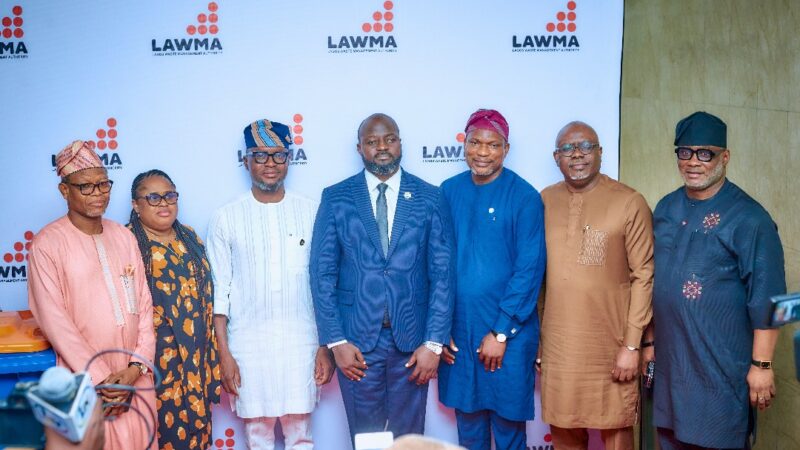Nigeria’s March to Renaissance: Lessons from the Life of General Yakubu Gowon


General Yakubu Gowon remains one of Nigeria’s most significant historical figures, remembered for his leadership during one of the country’s most tumultuous periods. As Head of State during the Nigerian Civil War (1967-1970), his vision and policies shaped the future of the nation, offering timeless lessons in leadership, reconciliation, and nation-building.
- Leadership in Times of Crisis
At the young age of 32, General Gowon was thrust into power during a critical juncture in Nigeria’s history. The country was on the brink of disintegration, following secessionist movements and growing ethnic tensions. Gowon’s leadership during this period offers lessons on how to manage crises with a calm and focused demeanor. Rather than allowing personal or ethnic interests to dictate his decisions, he remained committed to preserving Nigeria as a united entity.
His efforts to lead with integrity and impartiality during the war demonstrate the importance of having a clear, overarching vision in times of national crises. Gowon’s approach to leadership provides a model for how modern leaders can navigate complex challenges while maintaining a steady focus on the larger goals of peace and unity.
- Reconciliation and Forgiveness
Perhaps the most defining aspect of Gowon’s leadership was his policy of “No Victor, No Vanquished” after the Civil War. Instead of focusing on retribution, he prioritized the reconstruction and healing of the nation. This magnanimous attitude promoted reconciliation among the warring sides and fostered the beginning of national integration.
This policy teaches us the power of forgiveness in leadership. Instead of further dividing the nation, he chose to reunite it, paving the way for future development. Modern Nigeria can learn from this by emphasizing healing and unity in resolving conflicts, whether political, ethnic, or religious.
- Nation-Building and Development
Gowon’s post-war leadership was marked by significant strides toward economic recovery and development. His administration laid the foundation for several long-term projects, including the creation of the National Youth Service Corps (NYSC), designed to foster unity and national service among Nigerian youth from diverse ethnic backgrounds. By promoting inclusivity and nation-building, Gowon’s policies sought to repair the deep divisions within the country and create a sense of collective responsibility.
The establishment of various infrastructural projects and educational reforms during his regime further highlights the importance of focusing on development even in the aftermath of conflict. Nigeria’s renaissance, in this sense, draws from Gowon’s commitment to moving the country forward, ensuring that every Nigerian, regardless of background, had a stake in the country’s future.
- Humility in Leadership
Gowon’s leadership style was characterized by a deep sense of humility and service. He did not see himself as a ruler but as a servant of the people. After his time in power, he dedicated himself to humanitarian work and the pursuit of higher education, further emphasizing his commitment to lifelong learning and self-improvement.
His humility serves as a critical lesson for modern leaders, illustrating that leadership is not about wielding power but about serving the people with dignity and purpose. His life exemplifies how personal humility can strengthen public service.
- Long-Term Vision for National Unity
Gowon’s long-term vision for Nigeria was built on the belief that the country’s strength lies in its unity. This vision remains relevant today as Nigeria continues to face ethnic and regional tensions. Gowon’s policies and his efforts to build bridges between Nigeria’s diverse groups highlight the necessity of fostering inclusive governance and creating opportunities for every citizen to contribute to national development.
Conclusion
Nigeria’s march to renaissance is a journey shaped by the vision and lessons of past leaders like General Yakubu Gowon. His leadership during one of the most critical periods in Nigerian history provides enduring lessons on crisis management, reconciliation, development, humility, and unity. As Nigeria seeks to move forward in its journey toward becoming a more prosperous and unified nation, these lessons from Gowon’s life remain as relevant as ever. His legacy serves as a guiding light for future generations in the continued quest for national renaissance.




